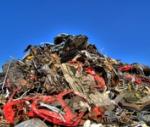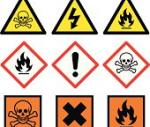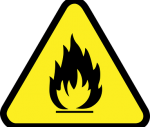Russia: 1-Dimethylamino-2-propanol is no longer a prohibited substance
The substance called 1-Dimethylamino-2-propanol has been moved from the list of drug precursors the turnover of which is prohibited in Russia into the list of drug precursors the turnover of which is regulated and controlled. The maximum concentration of this substance has been increased from 15% to 40%.
The corresponding amendments have also been made to the Criminal Code of the Russian Federation.














